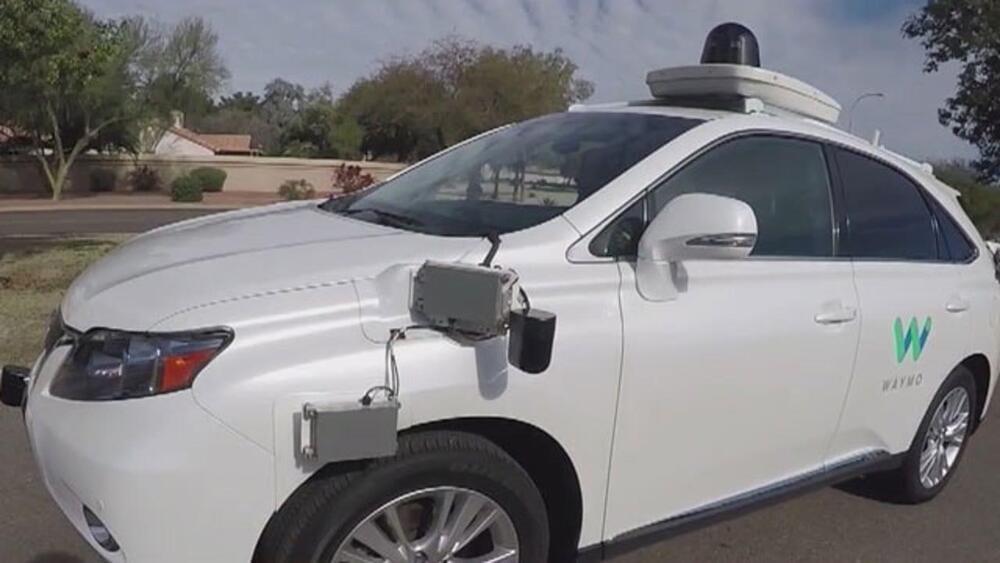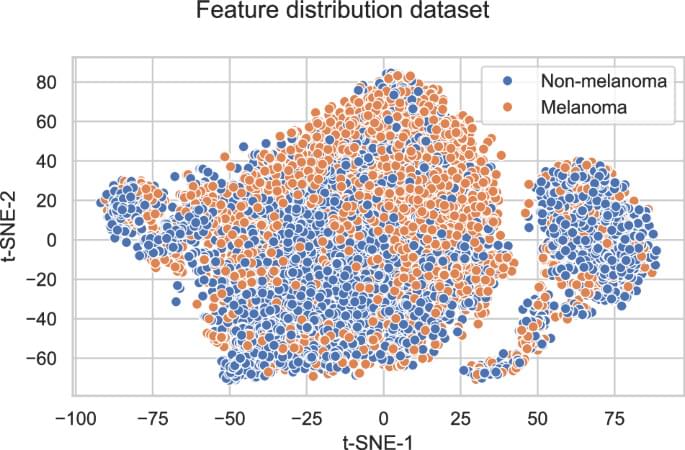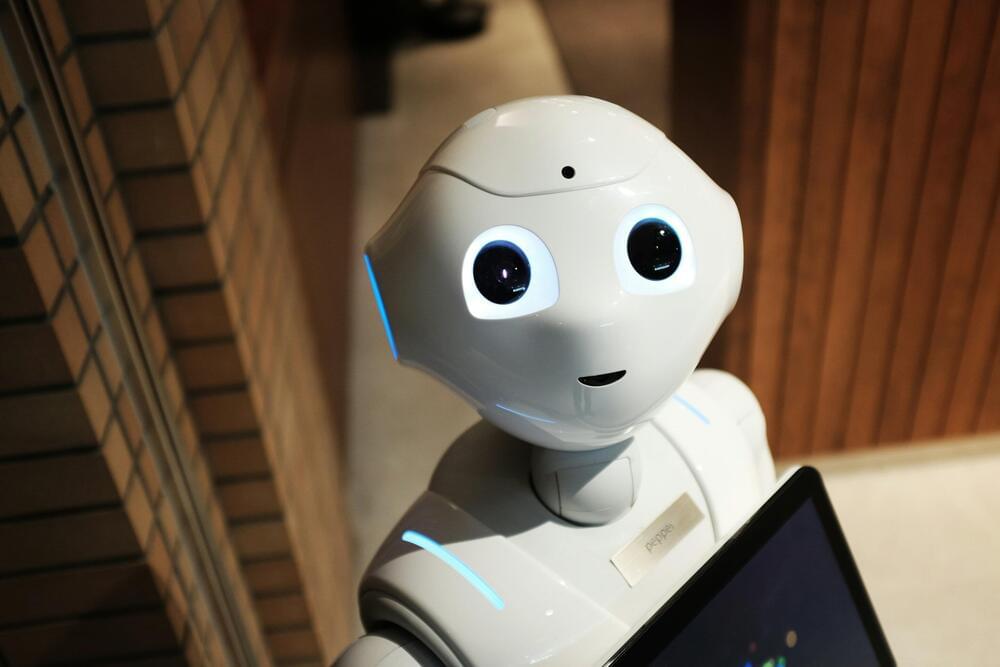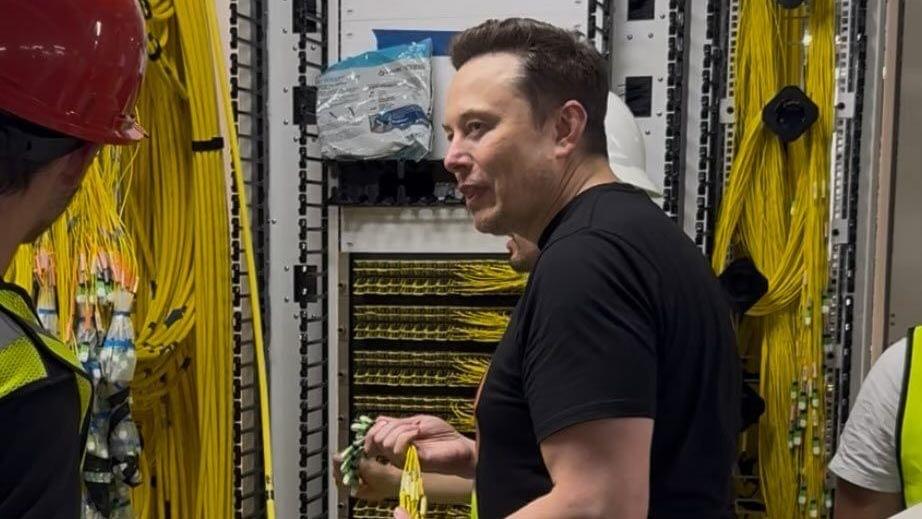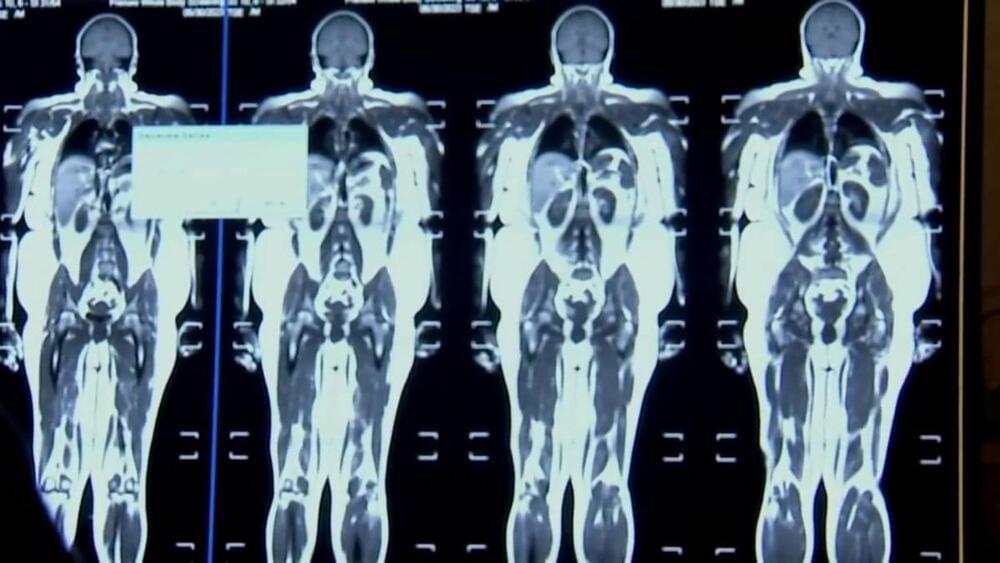Sep 15, 2024
Uber and Waymo to offer driverless rides in Austin
Posted by Genevieve Klien in categories: robotics/AI, transportation
“There are a bunch of stalls on campus where I go swing dancing. I guess those were the cruise ones,” says Dieck.
Last year, the self-driving car service Cruise suspended its fleet of nearly 1,000 cars nationwide following a hit-and-run crash, drawing concern about the partnership between Uber and Waymo, another robotaxi company.
“That might be one reason why I have never taken Waymo I would rather get in the car with someone who can maneuver, and you can see the rating that they have,” says Chester.
